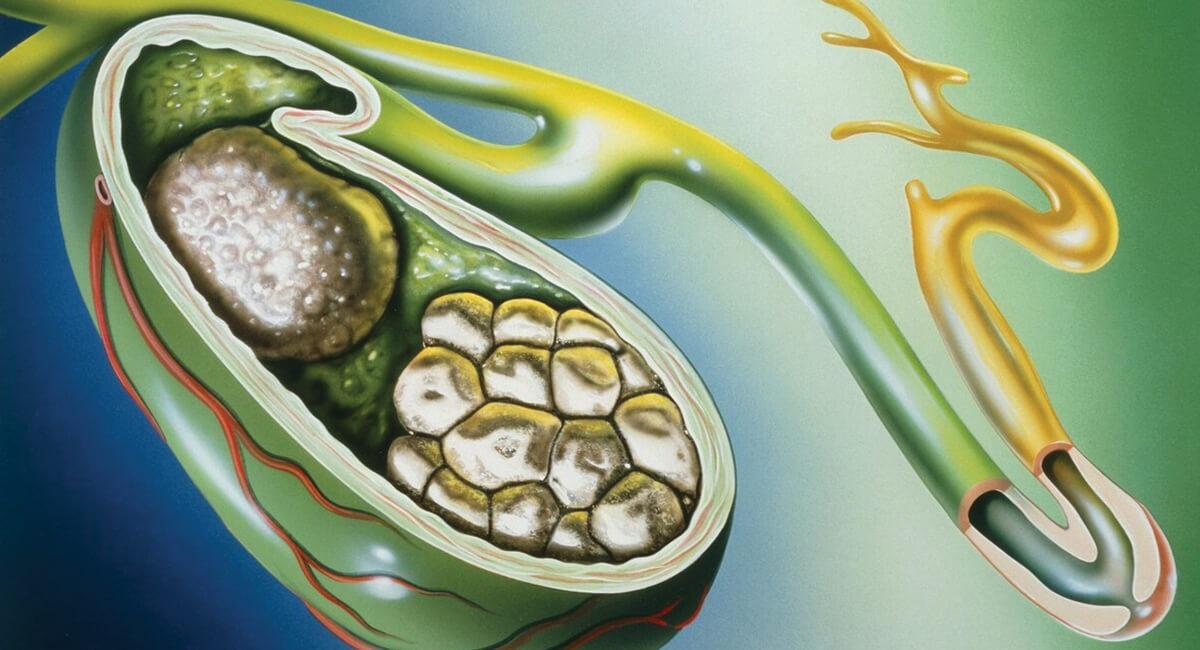
Introduction
Gallbladder stones, also known as cholelithiasis, are pieces of pebble-like materials in the gallbladder. The gallbladder is a small pouch-like organ in the abdominal cavity near your liver. It stores and releases bile into the intestine for the digestion of fats through the bile duct.
Gall bladder stones are pieces of cholesterol or bilirubin of varying sizes. You may have a single large gallstone or multiple small stones. These stones can occur in the gallbladder and remain there or migrate into the bile duct. If the stones block the bile duct of the biliary tract, you may experience sudden pain in the right side of your abdomen. It causes biliary colic and, left untreated, can lead to fatal complications. When the gall stones do not block the ducts, you may have no symptoms. These silent gallstones rarely require treatment.
Request an Appointment at Smiles
What Are the Symptoms of Gallbladder Stones?
- ● Intense pain in the right upper abdomen, especially for a few hours after eating food.
- ● Nausea and sometimes vomiting
- ● Dark-coloured urine
- ● Frequent complaints of indigestion
- ● Yellowing of the skin (jaundice)
In most cases, you may not experience any pain or other symptoms if the stones are not obstructing the bile duct.
What Causes Gallbladder Stones?
- ● Excess cholesterol – If your cholesterol is more than your bile can digest, you may develop gallstones.
- ● Excess bilirubin – Liver damage or certain blood disorders can produce bilirubin. It forms pigmented, hard stones in the gallbladder.
- ● The concentration of bile in the gallbladder can also form stones.
Most people have cholesterol gallstones; only a few people have gallstones bilirubin or calcium stones. Irrespective of the type, they all produce similar symptoms.
How is Gallbladder Stones Diagnosed?
- ● Abdominal ultrasound – It involves using a transducer head across your abdomen to detect the abnormalities in your gallbladder
- ● Endoscopic ultrasound – It identifies the tiny stones that are often unclear on an abdominal scan. The transducer head creates sound waves from inside the digestive tract to detect the gallstones.
- ● Blood Tests – Blood tests for liver function can help monitor the bilirubin levels. Also, it can detect other risk factors and complications associated with gallstones. They include inflammation of the gallbladder, infection, and jaundice.
How is Gallbladder Stones Treated?
- ● Surgical treatment – For recurrent gallstones, doctors recommend cholecystectomy – surgery to remove the gallbladder. With the gallbladder removal, the bile (produced in the liver) reroutes directly into the intestine for fat digestion.
- ● Medications – Medications are not usually the treatment of choice for gallstones. However, if you have comorbid factors and cannot undergo surgery, your doctor will advise treatment by dissolving the gall stones using medicines. It requires a prolonged treatment duration – months or years. Also, the recurrence of gallstones is higher with medical treatment.
- ● Shock wave lithotripsy – It is an outpatient procedure. The procedure involves getting shock waves to break the stones into smaller pieces. The tiny pieces either pass through the gallbladder and bile duct or dissolved with medications.
If you do not have symptoms, you may not require any treatment interventions. With the surgery, the outlook is excellent as the stones will no longer occur. With other forms of treatment, you may develop gallstones again.
Are there any risks of surgery in Gallbladder Stones?
- ● Reactions to anesthesia
- ● Infection
- ● Uncontrolled internal bleeding
- ● Injury to the bile duct and parts of the small intestine
- ● Injury to the liver
- ● Bile releasing in the abdominal cavity
- ● Injury to the hepatic artery – blood vessels supplying blood to the liver
With the advances in the medical and surgical sciences, complications are rare, and the risk is low.
Request an Appointment at Smiles
FAQ's
What Happens if your Gallbladder is Full of Stones?
Can you Remove Gallstones without Surgery?
Can you Live without a Gallbladder?
Does Drinking lots of Water Help Gallstones?
What Foods are Bad for the Gallbladder?
Need Help?
For any Information about our Locations, Doctors or Treatments.
